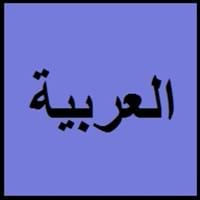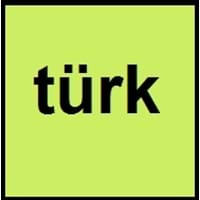Arabic vs Turkish
- Arabic is 5th common language in world.
- Classical Arabic is the language of Quran and also it is official language. Classical Arabic is the only way to learn Arabic language in academic way and it does not change.
- Turkish language oldest written records are found upon stone monuments in Central Asia, in Orhun, Yenisey and Talas regions.
- Turkish language was developed in the Middle East, streching all the way to Eastern Europe.
Arabic and Turkish Language History
Comparison of Arabic vs Turkish language history gives us differences between origin of Arabic and Turkish language. History of Arabic language states that this language originated in 512 CE whereas history of Turkish language states that this language originated in c. 1350. Family of the language also forms a part of history of that language. More on language families of these languages can be found out on Arabic and Turkish Language History.
Arabic and Turkish Greetings
People around the world use different languages to interact with each other. Even if we cannot communicate fluently in any language, it will always be beneficial to know about some of the common greetings or phrases from that language. This is where Arabic and Turkish greetings helps you to understand basic phrases in Arabic and Turkish language. Arabic word for "Hello" is مرحبا or Turkish word for "Thank You" is teşekkür ederim. Find more of such common Arabic Greetings and Turkish Greetings. These greetings will help you to be more confident when conversing with natives that speak these languages.
Arabic vs Turkish Difficulty
The Arabic vs Turkish difficulty level basically depends on the number of Arabic Alphabets and Turkish Alphabets. Also the number of vowels and consonants in the language plays an important role in deciding the difficulty level of that language. The important points to be considered when we compare Arabic and Turkish are the origin, speaking countries, language family, different greetings, speaking population of these languages. Want to know in Arabic and Turkish, which language is harder to learn? Time required to learn Arabic is 88 weeks while to learn Turkish time required is 44 weeks.





